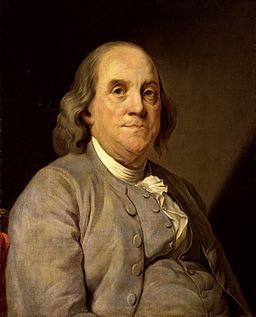
Benjamin Franklin

November 27, 2025 | SCOTUS Adds Second Amendment Case to Docket


The U.S. Supreme Court recently heard oral arguments in Louisiana v. Callais, which involves a key ...

The U.S. Supreme Court’s November sitting begins on November 3 and concludes on November 12, 2025...

On October 3, 2025, the U.S. Supreme Court granted an emergency request from the Trump Administrati...
Congress of the United States begun and held at the City of New-York, on Wednesday the fourth of March, one thousand seven hundred and eighty nine.
THE Conventions of a number of the States, having at the time of their adopting the Constitution, expressed a desire, in order to prevent misconstruction or abuse of its powers, that further declaratory and restrictive clauses should be added: And as extending the ground of public confidence in the Government, will best ensure the beneficent ends of its institution.



